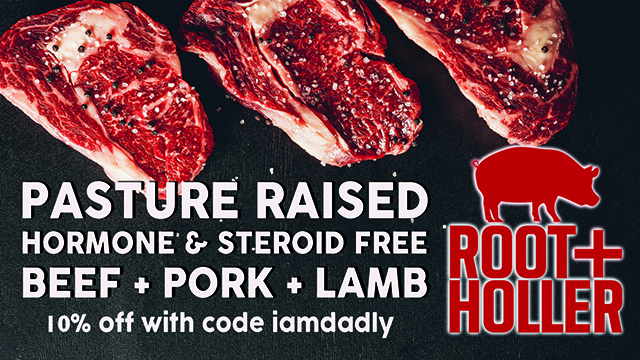Do it because it’s who you are and it feels good to be you.

Here is today’s Game and what’s going on.
Here is what I discovered today in our Dadly Daily Declaration readings from Chapter 15 of Atomic Habits by James Clear. The title of this chapter is “The Cardinal Rule of Behavior Change.”
Today’s reading begins discussing the Fourth Law of Behavior Change: Make It Satisfying. Here are a few highlights from today’s readings:
- We are more likely to repeat a behavior when the experience is satisfying. Feelings of pleasure are signals that tell the brain: “This feels good. Do this again, next time.” Pleasure teaches your brain that a behavior is worth remembering and repeating.
- Conversely, if an experience is not satisfying, we have little reason to repeat it.
- The Cardinal Rule of Behavior Change is this: What is rewarded is repeated; What is punished is avoided.
- You learn what to do in the future based on what you were rewarded for doing in the past. Positive emotions cultivate habits. Negative emotions destroy them.
- This Fourth Law of Behavior Change (Make It Satisfying) increases the odds that a behavior will be repeated next time.
- Our brain evaluates reward inconsistently across time. We value the present more than the future.
- Every habit produces multiple outcomes across time. Unfortunately, these outcomes are often misaligned. With our bad habits, the immediate outcome usually feels good, but the ultimate outcome feels bad. With good habits, it is the reverse: the immediate outcome is unenjoyable, but the ultimate outcome feels good.
- The costs of our good habits are in the present. The costs of our bad habits are in the future.
- The vital thing in getting a habit to stick is to feel successful — even if it’s in a small way. The feeling of success is a signal that your habit paid off and that the work was worth the effort.
- Immediate rewards are essential in building habits. They keep you excited while the delayed rewards accumulate in the background.
- When we’re discussing immediate rewards, what we’re really talking about is the ending of a behavior. The ending of any experience is vital because we tend to remember it more than any other phases. You want the ending of your habit to be satisfying. The best approach is to use reinforcement. Reinforcement ties your habit to an immediate reward, which makes it satisfying when you finish.
- Select short-term rewards that reinforce your identity rather than ones that conflict with it.
- Eventually, as intrinsic rewards like a better mood, more energy, and reduced stress kick in, you’ll become less concerned with chasing the secondary reward. The identity itself becomes the reinforcer. You do it because it’s who you are and it feels good to be you. The more a habit becomes part of your life, the less you need outside encouragement to follow through. Incentives can start a habit. Identity sustains a habit.
- That said, it takes time for the evidence to accumulate and a new identity to emerge. Immediate reinforcement helps maintain motivation in the short term while you’re waiting for the long-term rewards to arrive.
Those gems lead us to today’s Dadly Daily Declaration:
The brain’s tendency to prioritize the present moment means you can’t rely on good intentions. When you make a plan you are actually making plans for your future self. And when you envision what you want your life to be like, it is easy to see the value in taking actions with long-term benefits. We all want better lives for our future selves. However, when the moment of decision arrives, instant gratification usually wins. You are no longer making a choice for Future You, who dreams of being fitter or wealthier or happier. You are choosing for Present You, who wants to be full, pampered and entertained. As a general rule, the more immediate pleasure you get from an action, the more strongly you should question whether it aligns with your long-term goals.
Our preference for instant gratification reveals an important truth about success: because of how we are wired, most people will spend all day chasing quick hits of satisfaction. The road less travelled is the road of delayed gratification. If you’re willing to wait for the rewards, you’ll face less competition and often get a bigger payoff. As the saying goes, the last mile is always the least crowded.
At some point, success in nearly every field requires you to ignore an immediate reward in favor of a delayed reward.



